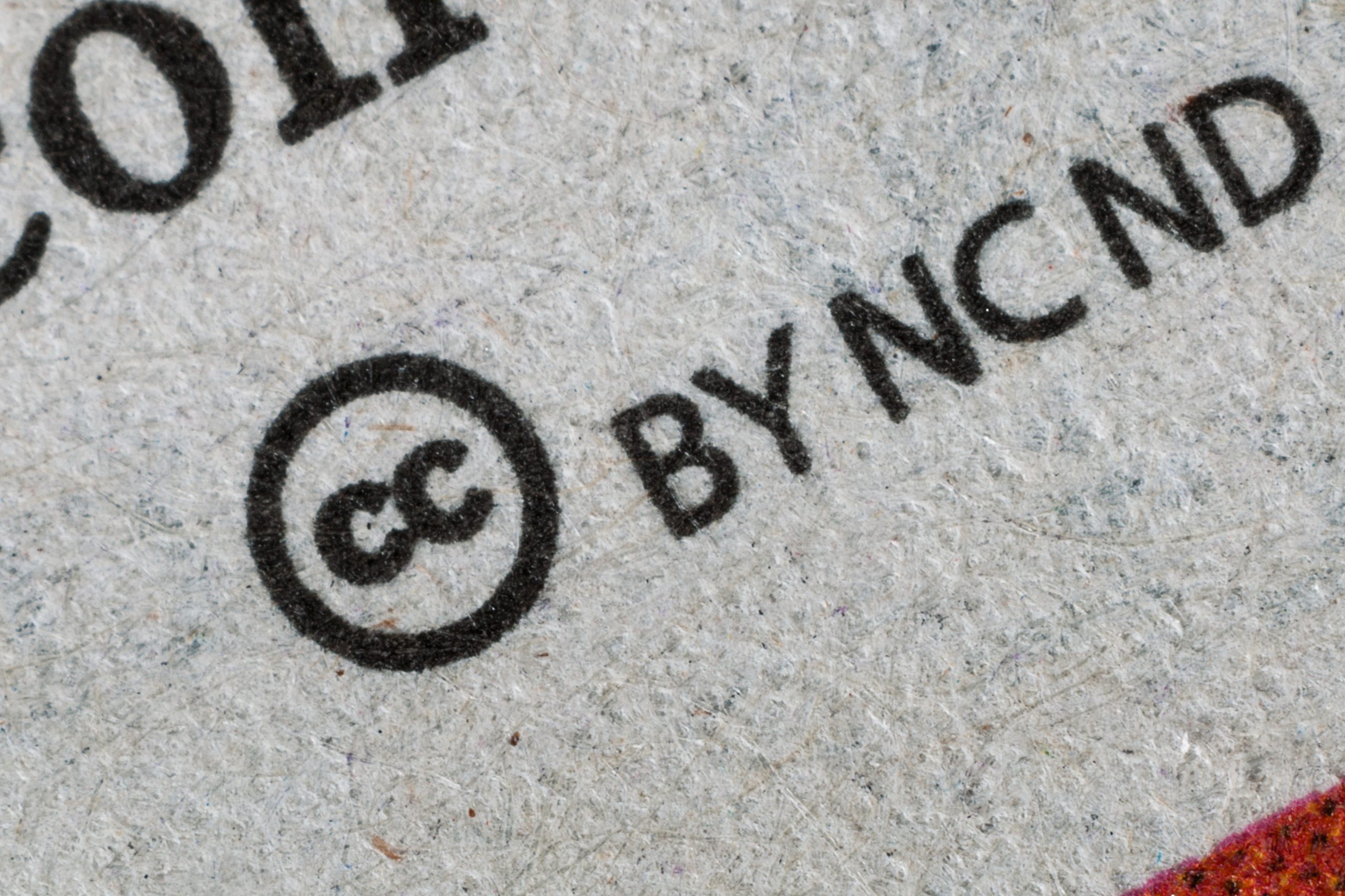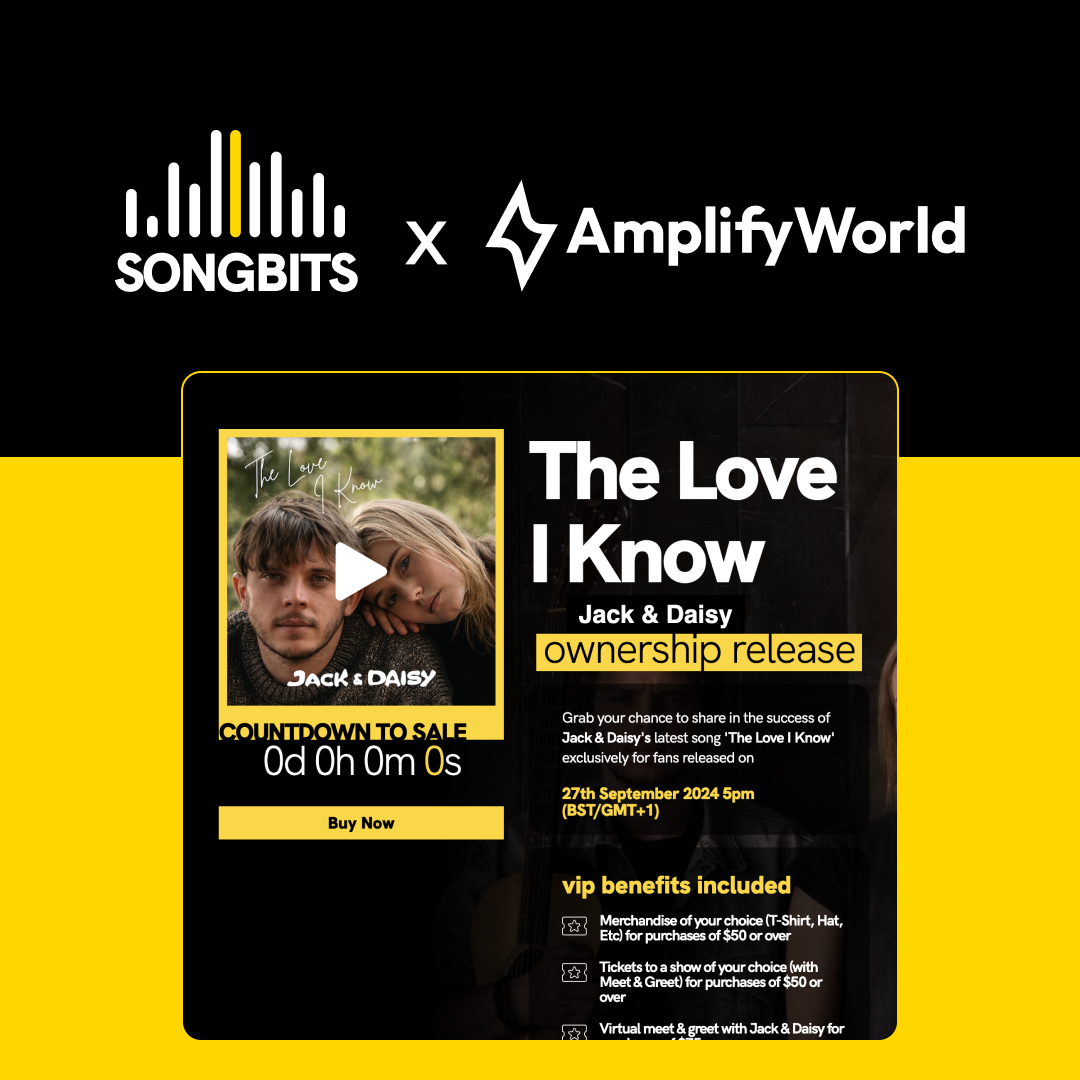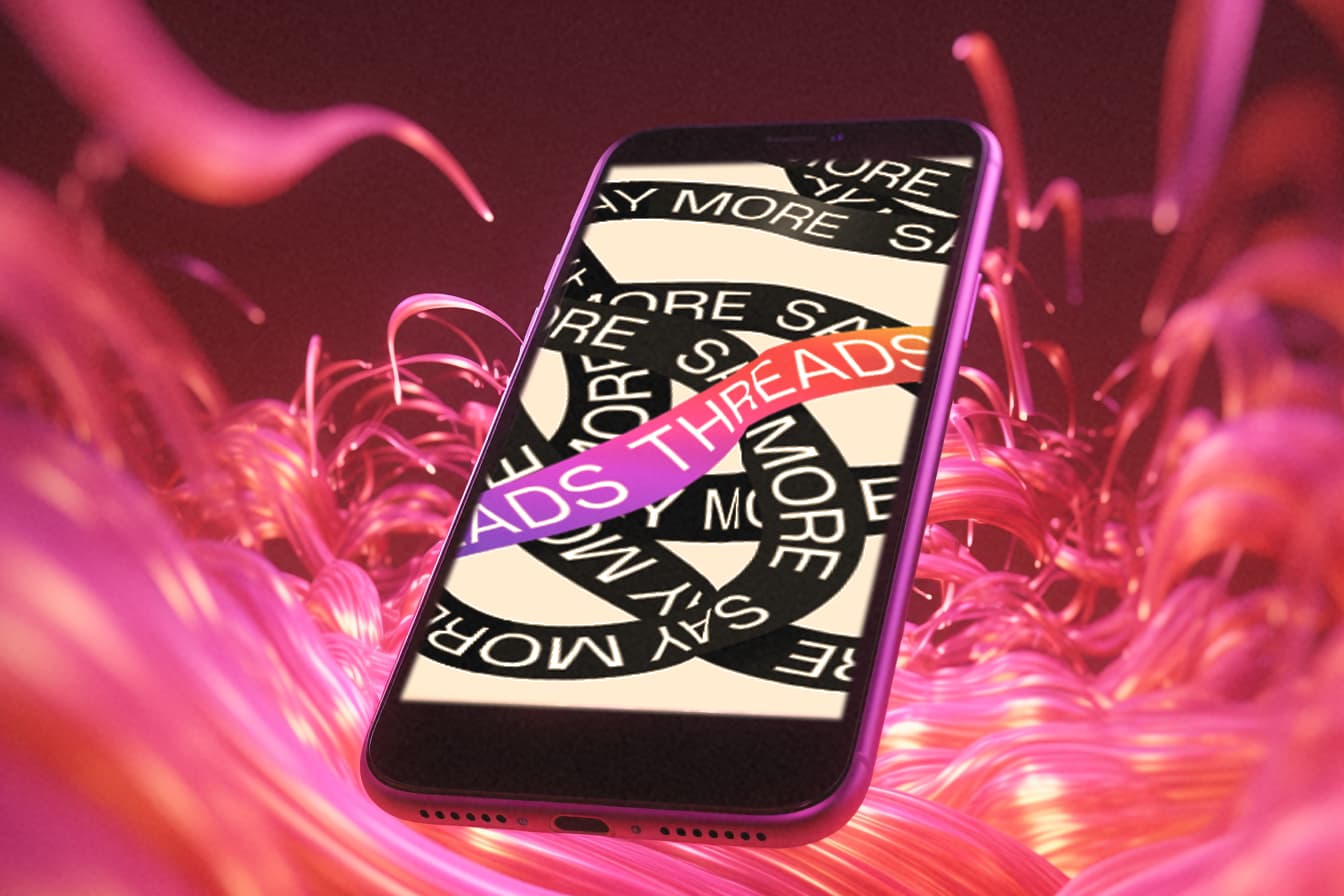What Is Copyright?: Why It’s Extremely Important For A Fail-proof Music Career
We’ve all heard of the term “copyright”. According to the Oxford English Dictionary, copyright is “the exclusive and assignable legal right, given to the originator for a fixed number of years, to print, publish, perform, film, or record literary, artistic, or musical material.”
Music copyright deals with two main and equally contentious elements: master rights and publishing rights. This is where things can get a little bit murky.
Let’s break it down!
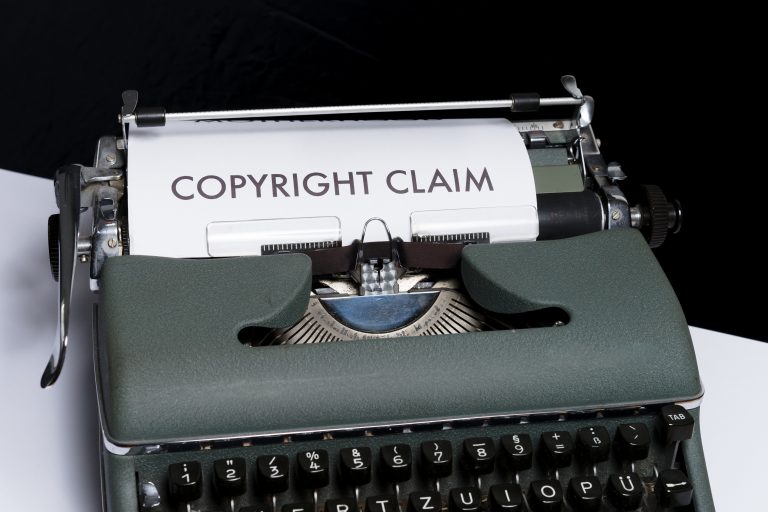
Table of Contents
The Basics: What is copyright?
What do “publishing rights” and “master rights” even mean? The former refers to the song’s composition, i.e. the chords, melodies, lyrics and so on, while the latter refers to a specific recording of the song.
Whoever holds these copyrights can license or sell them to various parties. Therefore, record labels, who largely own the master, exploit the master recording, by creating copies to sell or stream. Publishers, who own the publishing rights, exploit the compositional copyrights by, for example, giving the same song to multiple artists to re-record it as a cover.
Taking all of this into consideration, a music copyright holder has four main rights. These are:
1. The right to reproduce the copyrighted work. This means putting the work on CD, vinyl, digital format etc.
2. The right to distribute copies of the work to the public – enabling the copyright owner to sell those CDs, records or MP3s, or put the work on streaming services.
3. The right to perform the work publicly. It’s important to note that the term “performance” doesn’t simply mean a live gig or DJ set. It refers to every time the song is played in public, e.g. radio, and background music in public places. This also includes things like YouTube videos, as long as they’re monetised.
4. The right to create derivative works based on the copyrighted work, or allow others to do so. A derivative work could be a sample of Song A that’s used as the basis of Song B (think of the infamous MC Hammer Tune “U Can’t Touch This”, which samples Rick James’ Super Freak”) or a song that’s used in a Netflix series or advert – referred to as a “sync”.
Things might seem fairly simple and straightforward. However, it can quickly become a complicated affair, especially when multiple collaborators are involved. Each collaborator needs to be compensated, and their permission needs to be sought out when syncing or sampling opportunities come up.
Music Copyright: Catalogue, Composition & Master
We often get asked, “What are the different types of music copyrights that you can generate as a musician?”
Depending on whether or not you’re signed to a label/publisher, you should own a copyright on your full catalogue, your masters and your compositions. Let’s break these terms down even further.
Catalogue
Simply put, this is your collection of songs. You as the owner should own the copyrights of the catalogued musical compositions. Some artists sell their song catalogue as a quasi-stock for companies to invest in.
For instance: in the mid-1960s, John Lennon and Paul McCartney, alongside their manager Brian Epstein and publishers Dick James and Charles Silver, formed the company “Northern Songs”. They assigned the copyrights of the Beatles catalogue to Northern Songs. In 1969, the Lennon-McCartney duo sold their interests in Northern Song to ATV Music for £3.5 million. In 1985, Michael Jackson purchased the publishing rights of a catalogue of 251 Beatles Songs from ATV Music, for a total of $47 million.
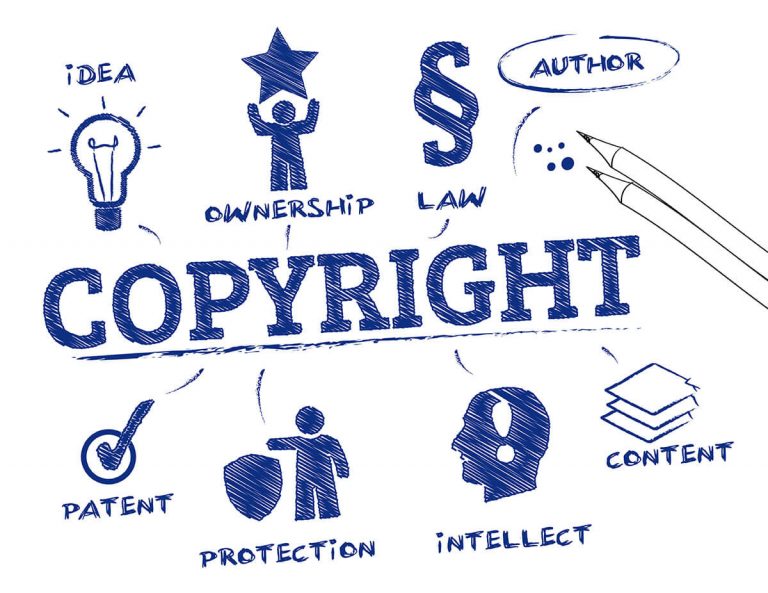
Composition
The composition primarily refers to a song’s melody and lyrics, and other elements which make a song unique. The copyright of the composition is usually owned by the songwriters themselves, who assign a song’s copyright to a publisher so that the latter handles things like royalties, and so on.
Master
The master refers to a specific, recorded copy of the composition. If the artist is signed to a label, this typically belongs to the label that financed the recording.
An interesting real-life example that illustrates all these industry terms is the 2020 case in which Taylor Swift went head to head with Scooter Braun over her masters.
It all started in 2004, when Swift, a young singer-songwriter, handed the masters of her future six albums to the label Big Machine in return for a cash advance. In 2019, Braun bought Big Machine, and with it, the now-lucrative masters of one of the world’s most famous pop stars. To add insult to injury, Braun sold Swift’s masters to an investment fund for a reported $300 million.
Swift launched a public campaign against Braun. Luckily for her, she still owns the publishing rights to her compositions, which enabled her to successfully re-record these albums.
Final notes
It’s important to note that there isn’t one, global copyright law. While the Berne Convention has led to some cross-country similarities, the copyright terms and durations vary from state to state. This is why it’s essential to do your research and reach out to experts before making any rash copyright-related decisions.
Janelle Borg
Janelle knows a thing or two about the music industry. Having been involved in the industry since the age of 13, she's now involved in a variety of music-related projects and is always keen to share industry tips 'n' tricks with fellow musicians.
AmplifyWorld Partners with SongBits: Igniting Fan Frenzy One Bit at a Time
AmplifyWorld partners with SongBits, which promises to transform fans into superfan partners by off
Instagram Threads: Here’s Why Artists Should Get In On It Now
Discover the buzz surrounding Instagram Threads, the new text-based app by Meta and how independent
Artist Persona 101: How To Explore & Find Your True Musical Identity
Like Beyoncé, Taylor Swift, The Beatles, and Drake, learn how to create a timeless and distinctive



